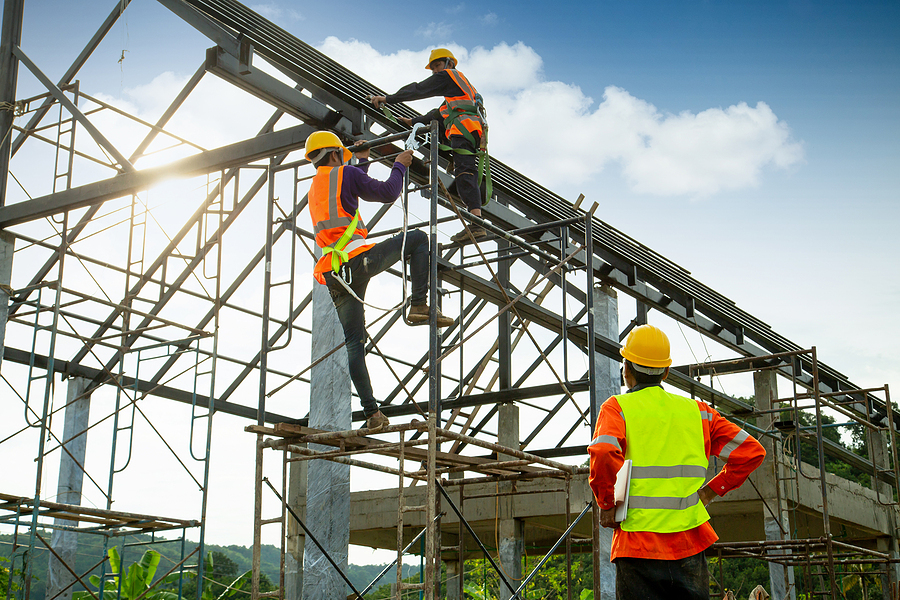
In the dynamic realm of construction, safety isn’t just a priority; it’s a non-negotiable cornerstone of success. Construction companies face myriad risks, from workplace accidents to regulatory fines, making up-to-date safety training essential to prevent liabilities and ensure compliance with Occupational Safety and Health Administration (OSHA) regulations. Here’s why:
Mitigating Workplace Accidents: Construction sites are inherently hazardous environments, with heavy machinery, elevated structures, and complex operations. Without proper safety training, workers are at increased risk of accidents, injuries, or even fatalities. Updated safety training equips employees with the knowledge and skills to identify potential hazards, use safety equipment effectively, and implement best practices to prevent accidents before they occur.
Reducing Liability and Legal Costs: Workplace accidents not only result in human suffering but also expose construction companies to significant liabilities and legal costs. In the event of an accident, outdated or inadequate safety training can be cited as evidence of negligence, leading to costly lawsuits and settlements. By investing in updated safety training, construction companies demonstrate a commitment to worker safety, potentially reducing the risk of legal repercussions and associated expenses.
Avoiding OSHA Fines and Penalties: Non-compliance with OSHA regulations can result in hefty fines and penalties, jeopardizing the financial health and reputation of construction companies. OSHA frequently updates its standards and requirements to reflect emerging risks and best practices in workplace safety. Therefore, regular training updates are essential to ensure compliance with current regulations and avoid costly penalties for violations.
Enhancing Reputation and Competitiveness: A strong safety record is not only a legal requirement but also a valuable asset for construction companies. Clients, investors, and stakeholders increasingly prioritize safety performance when selecting contractors for projects. By prioritizing updated safety training, construction companies can enhance their reputation as responsible and reliable partners, gaining a competitive edge in the market.
Empowering Workers and Cultivating a Safety Culture: Safety is everyone’s responsibility in the construction industry, from frontline workers to senior management. Updated safety training empowers employees at all levels to actively participate in maintaining a safe work environment. Moreover, it fosters a culture of safety consciousness, where workers are encouraged to identify and report hazards proactively, contributing to a safer and more productive workplace.